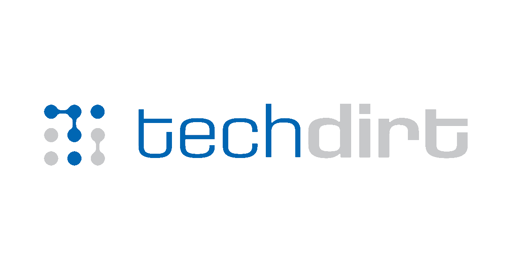

It will still raise eyebrows because that’s not how it’s said.
At least not yet, or by enough to recognize that it is (by some, somewhere!). There’s bound to be an accent somewhere that pronounces it like this to where the “normal” way sounds strange 😂

















Ah, the vim part was me trying a little too much to express a short e sound lazily.